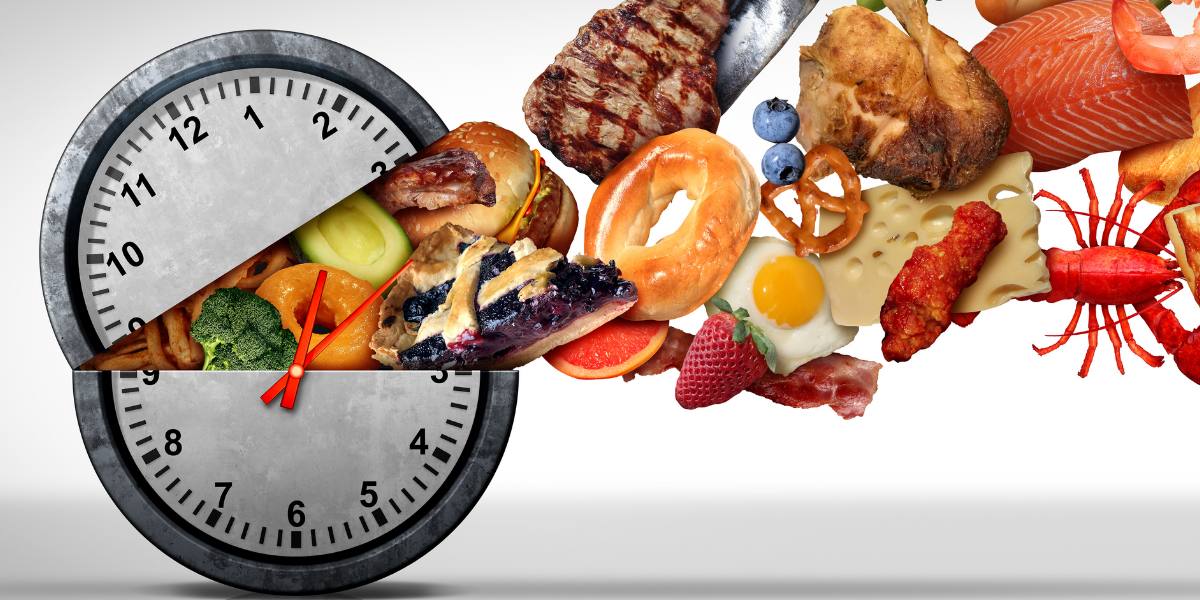A family in America have praised their diabetes service dog as a “hero” for alerting them to their daughter’s severe hyperglycemia.
Shannon, a mother of three, and her husband were watching TV at their home last month when their dog, Spy, a trained diabetes service dog, signalled them.
Spy led them to a bedroom where their 9-year-old daughter, who has type 1 diabetes, was sleeping.
- People with type 1 diabetes should exercise caution when using fitness video games
- Dogs can detect stress by smelling human breath and sweat, study shows
- Blood Sugar Level Ranges
Upon testing their daughter’s blood sugar using a glucose meter, they discovered it was dangerously high at 338 mg/dL (18 mmol/mol).
The ideal bedtime glucose range for someone with diabetes is between 90 and 150 mg/dL (5mmol/mol – 8.5mmol/mol), according to the Joslin Diabetes Center at Beth Israel Lahey Health in Boston.
“The nose ALWAYS knows! Even when it’s sleeping,” Shannon wrote on the Instagram video she shared.
“This dog is such a blessing to our family! We truly can’t be more thankful.”
Shannon shared on Instagram that her daughter uses a continuous glucose monitor.
However, on the night when Spy detected her high blood sugar level, she had just put on a new monitor that was still calibrating, meaning her blood sugar levels weren’t being monitored at that moment.
- Baricitinib shows promise in delaying progression of type 1 diabetes
- Stem-cell treatment a significant step forward in fight against type 1 diabetes
- Groundbreaking Study to Screen 20,000 Adults for Type 1 Diabetes
Additionally, she mentioned her daughter, diagnosed with type 1 diabetes in 2022, was unwell with the flu at that time.
Diabetic alert dogs are trained to detect a scent produced by a person experiencing hypoglycaemia due to chemical changes in their body.
They are also taught to alert the individual with diabetes and can be trained to fetch juice or glucose tabs, get an emergency phone, or seek help from another person in the house.





